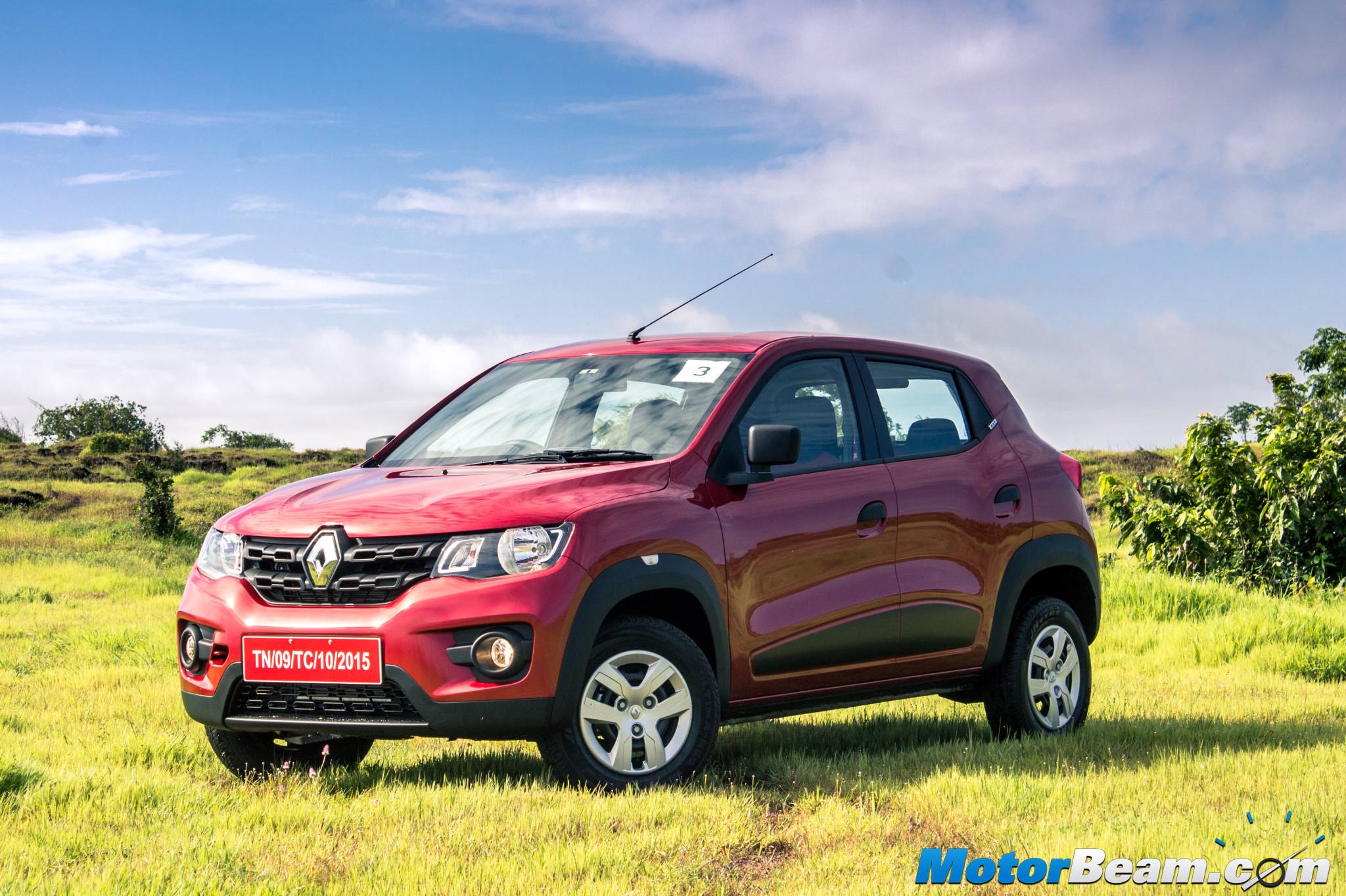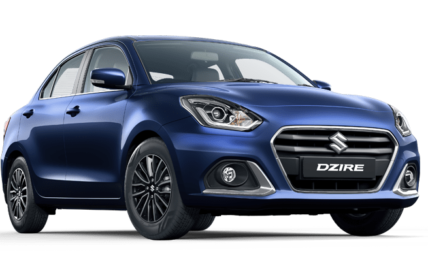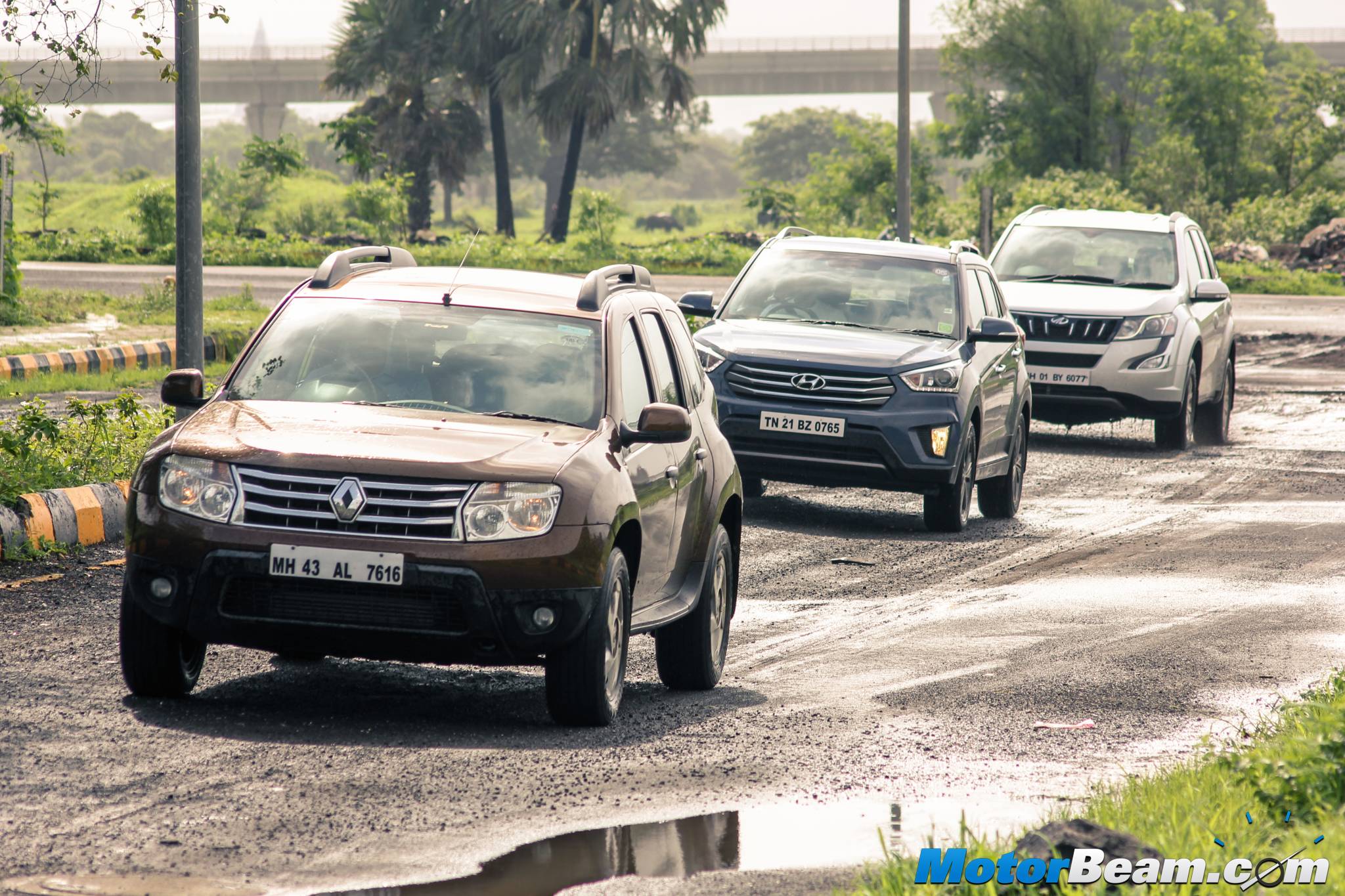The story behind the change of ownership of many British brands.
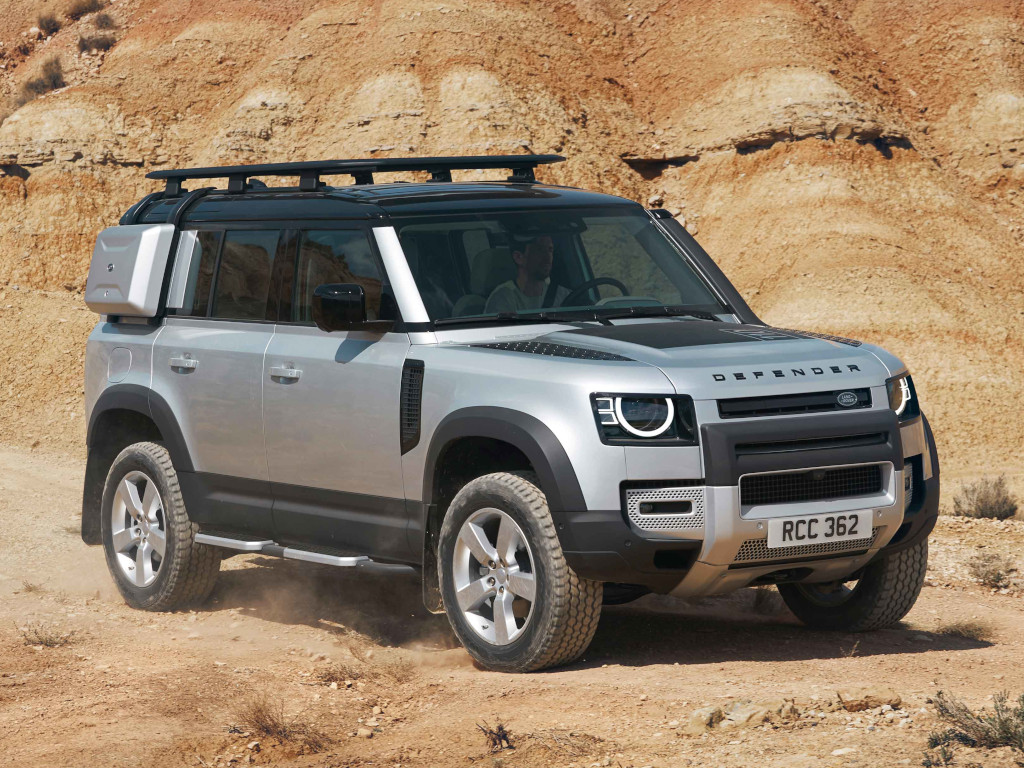
British Vehicle Brands’ Ownership
When MotorBeam covered the takeover of Norton by TVS, there were some sweet conversations that were going on down in the comment section. One user pointed out how many of the British automotive brands are not owned by British backers anymore. In fact, many British marques have became a good investment opportunity for companies looking to improve their international presence. Take Tata with JLR, SAIC with MG, and even Reliance with Hamleys. All of these companies have a rich heritage, but they are not rich.
The list goes on, BMW – Mini, Geely – London Taxi, you get the point. Now, upon first glance, even for me, this seemed like bad management by each of these companies before they went bankrupt. But in reality, many of the takeovers have resulted from 1 major failure of a merger – The Rover Group.
A Game Of Candy Crush, But With Brands
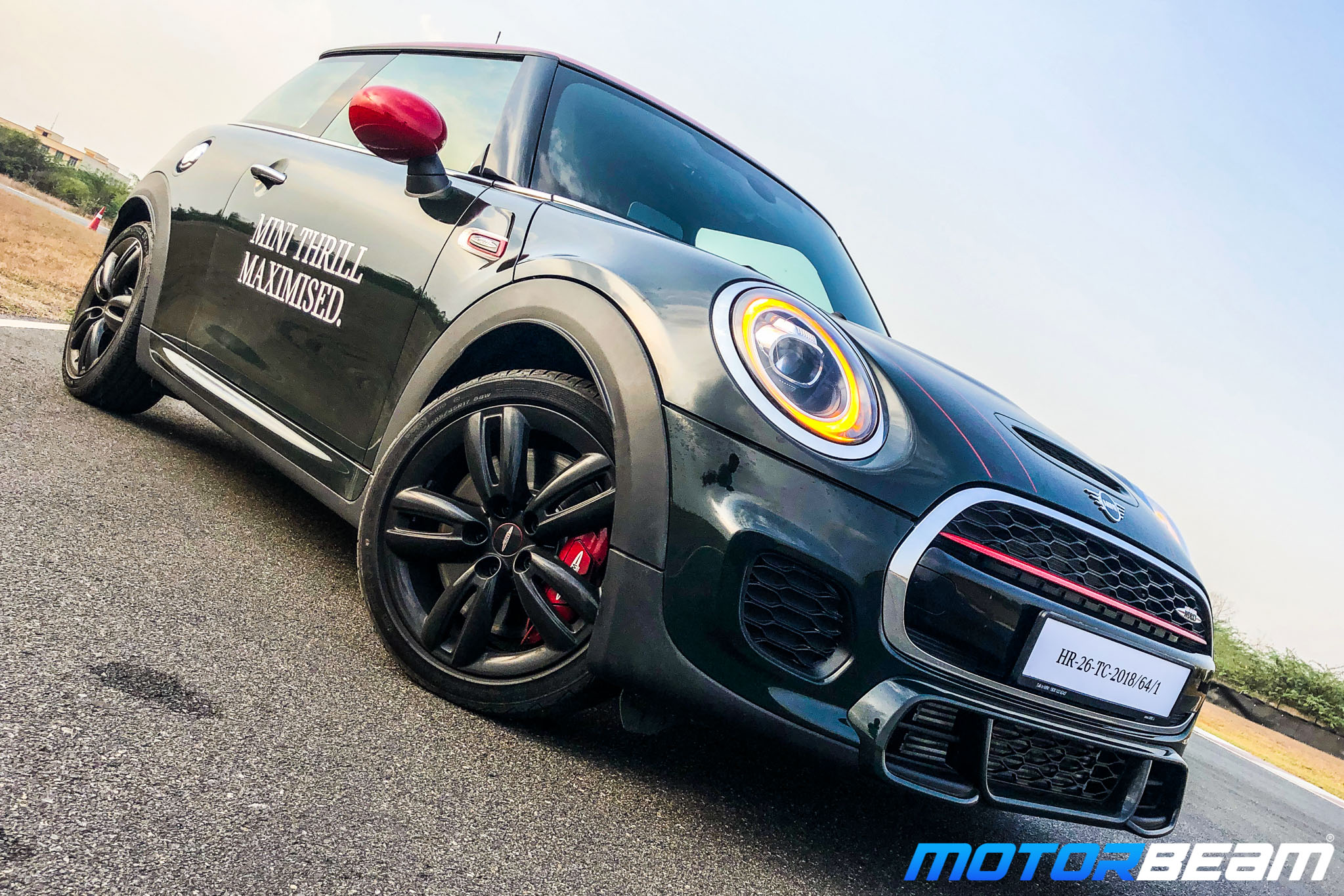
The story starts with the British Motor Holding Company and Leyland Motors merger back in 1968. The merger gave way to British Leyland. The British Motor Holding Company held the marques for MG, Jaguar and Austin Motor Company. The British Leyland venture was actually pretty successful. Other companies that merged into this company were MINI, Daimler (Not Mercedes), Rover, Land Rover (From Rover), Leyland Motors, and many more British automotive companies.
They were kind of the Volkswagen of the 1970s. There were quite a lot of legendary names in that list, as you can see. The BL (British Leyland) group further renamed into the Rover Group in 1986, and was owned by the British Aerospace from 1988-94, after it was privatised. Now, British cars had emotion, and substance, but the problem was you couldn’t experience it, because of poor build quality, and durability.
This was especially a problem in the 70s. Graham Day, the then-Chairman of BL (Rover Group) felt that the name of bad quality that had formed against some of the brands in the group affected the fate of the good companies also. This meant that he dropped the name ‘Austin’ from the Austin Rover Group subsidiary. The Rover, Land Rover, and MG marques also were not used. In the 90s, the company was in financial trouble. BMW bought in an 80% stake for 800 million euros. A month later, Honda, who owned the other 20% sold its shares to BMW too.
Even after pouring in millions more, BMW could not make any profits out of the Rover Group. After 6 years, BMW gave up, and announced that they would be selling the company. Ford bought Land Rover, and a consortium bought the rest, and made the MG Rover Group. Amidst all of this, BMW retained the rights for MINI.


